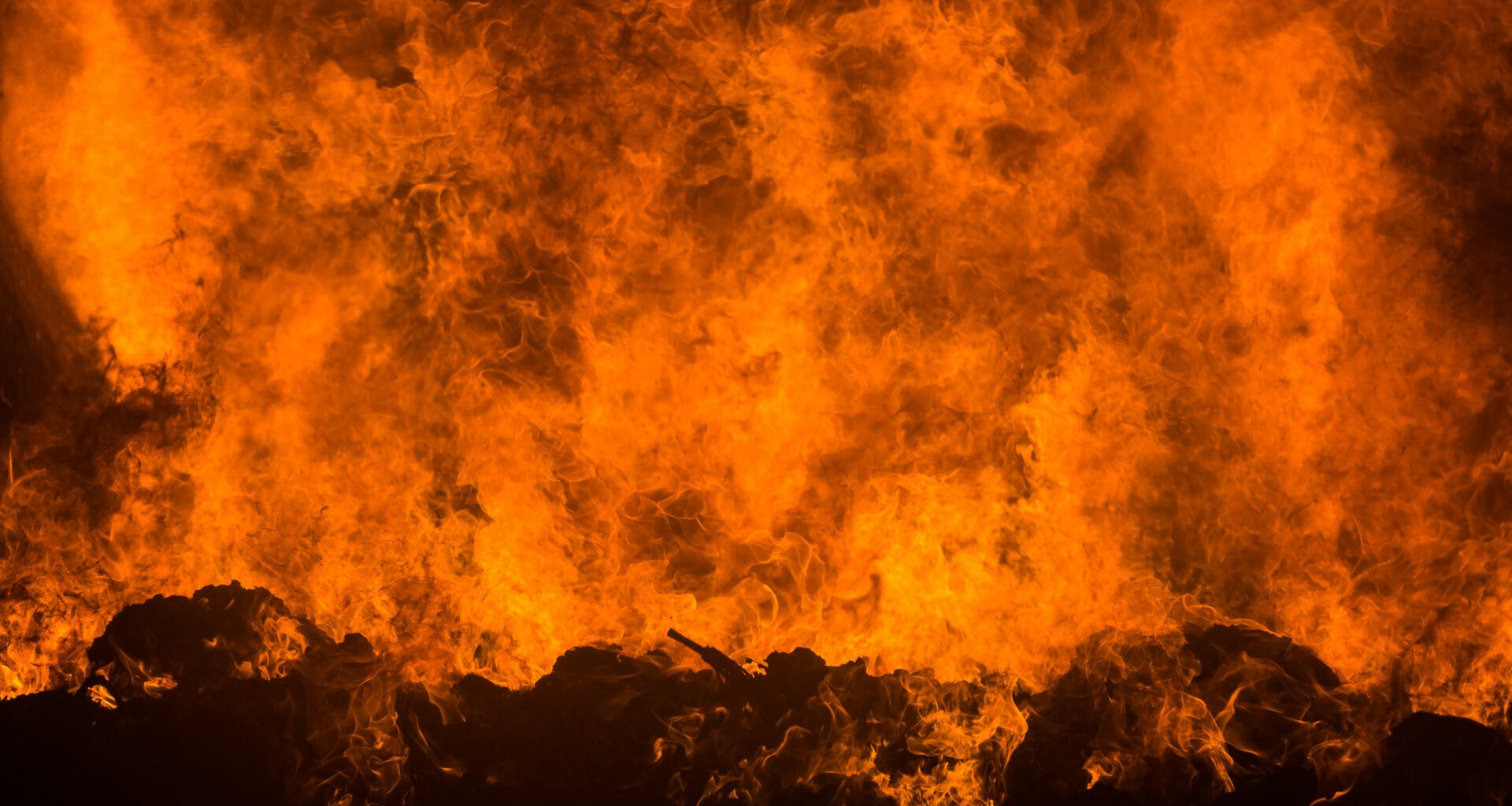Green minister Lorna Slater has been urged to block the construction of three new waste incinerators, which campaigners claim could endanger climate targets and reduce recycling rates.
The Scottish Government placed a moratorium on new incinerators in 2022, a move lauded by the Greens as a “victory” for the environment. But three new incinerators granted planning permission before the ban came into force could still be built.
In a letter to circular economy minister Slater on 27 September, campaigners said the government should stop these new incinerators by instructing the Scottish Environment Protection Agency (Sepa) to refuse pollution permits for them.
The campaigners claimed this would close the “gaping loophole” in the current incineration ban. They oppose incinerators because they produce greenhouse gas emissions which worsen the climate crisis, and because burning rubbish means potentially recyclable material is wasted.
The Ferret revealed earlier this month that waste incinerators are among Scotland’s most polluting sites and saw surges in emissions last year.
Supporters of incineration claim it results in emissions savings because burned waste is used to produce energy and would otherwise go to landfill where it would also create climate pollution.
The Scottish Government said its current moratorium is in line with the recommendations of an independent review on incineration published last year. A spokesperson said the government is committed to “limiting and gradually reducing Scotland’s incineration capacity”.
The three new incinerators with planning permission that are yet to be constructed are Avondale near Falkirk, Levenseat 2 in South Lanarkshire, and Inverurie in Aberdeenshire.
They will all be energy from waste (EfW) plants, meaning that rubbish burned will produce electricity or heat. The companies behind them claim this makes them low carbon because the waste would otherwise create emissions at landfill sites and the energy they produce might otherwise be generated using fossil fuels.
But recent analysis found that the average UK incinerator produces more than twice as much climate-polluting carbon dioxide (CO2) per unit of electricity as a gas power station. Some even have a higher carbon intensity than coal power plants.
In Scotland, emissions from EfW plants have risen from almost nothing to now make up nearly a fifth of all the emissions produced by electricity generation across the country.
Burning plastic is particularly polluting, and much of the waste that goes to incinerators is either “readily” or “potentially” recyclable.
Recycling rates have stalled across Scotland, and 2022 marked the first year that more household waste was incinerated than sent to landfill.
The Scottish Government moratorium on new incinerators was introduced after an independent review found the country was set to be overstocked with them by 2027. There was a risk that overcapacity could mean councils are locked into contracts to incinerate waste over the long term, the report argued.
The Scottish Government needs to act urgently to close this gaping loophole in their incineration moratorium before it is too late
Shlomo Dowen, UK Without Incineration Network
Kim Pratt, who campaigns for a circular economy at Friends of the Earth Scotland, said the three new incinerators could mean this risk becomes reality.
“If all the incinerators that have planning permission were built, Scotland would have more capacity than there is waste to burn in four years time,” Pratt claimed.
“Plans to build unnecessary incinerators must be rapidly reversed. The Scottish Government has the power to do this by directing Sepa to refuse permits, and they must use it.”
Shlomo Dowen, national coordinator of the UK Without Incineration Network (UKWIN), argued Scotland’s “greener future is put at risk by incineration overcapacity because once built these burners will need to be provided with a constant supply of waste”.
“The Scottish Government needs to act urgently to close this gaping loophole in their incineration moratorium before it is too late.”
A Scottish Government spokesperson said: “In direct response to the review’s recommendations, our national planning policy makes clear that development proposals for energy-from-waste facilities will not generally be supported.
“We have also committed to developing an indicative cap for incineration capacity. This approach, of limiting and gradually reducing Scotland’s incineration capacity, will make sure we not only manage our waste today, but that our way of dealing with future waste matches our carbon reduction ambitions.”
The companies which own the three permitted waste incinerators were asked to comment.
Cover image thanks to iStock/cydeaw.














